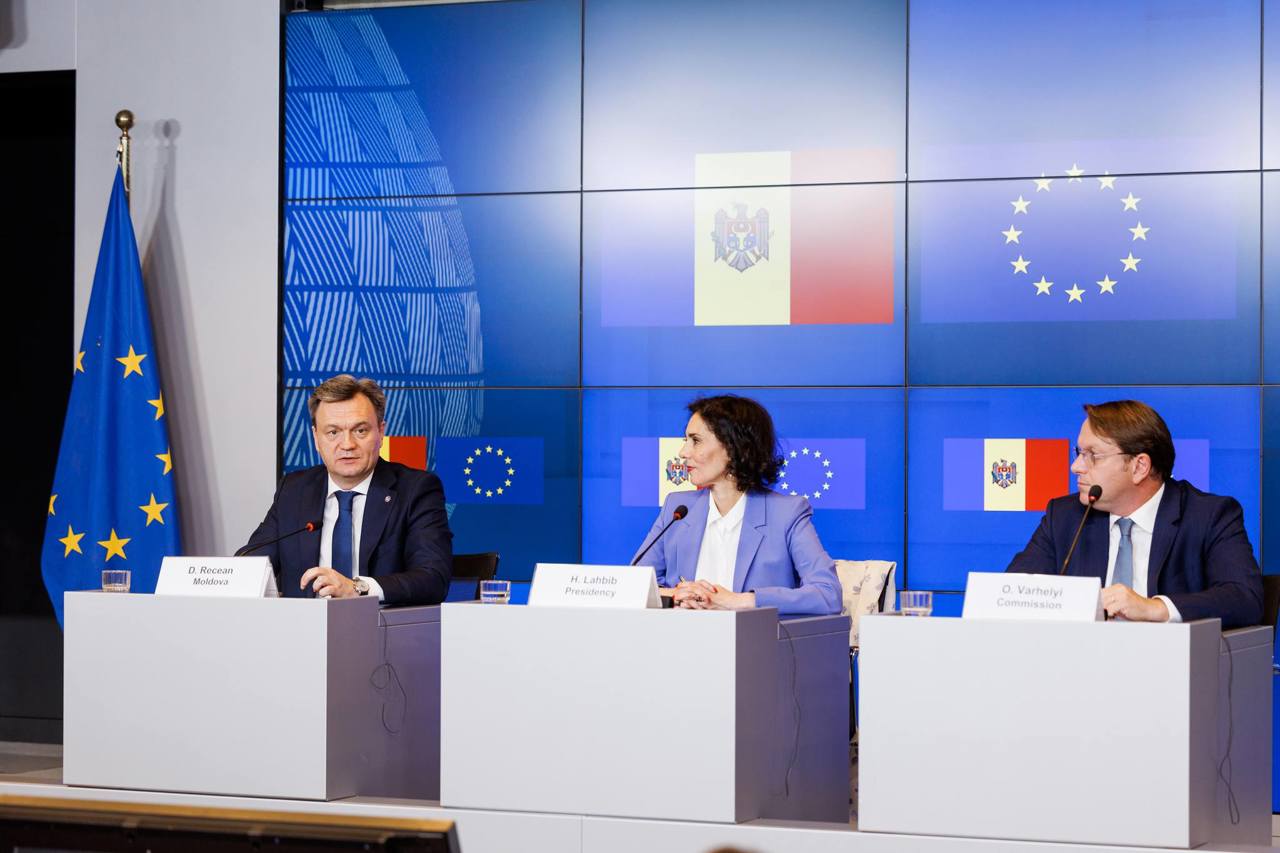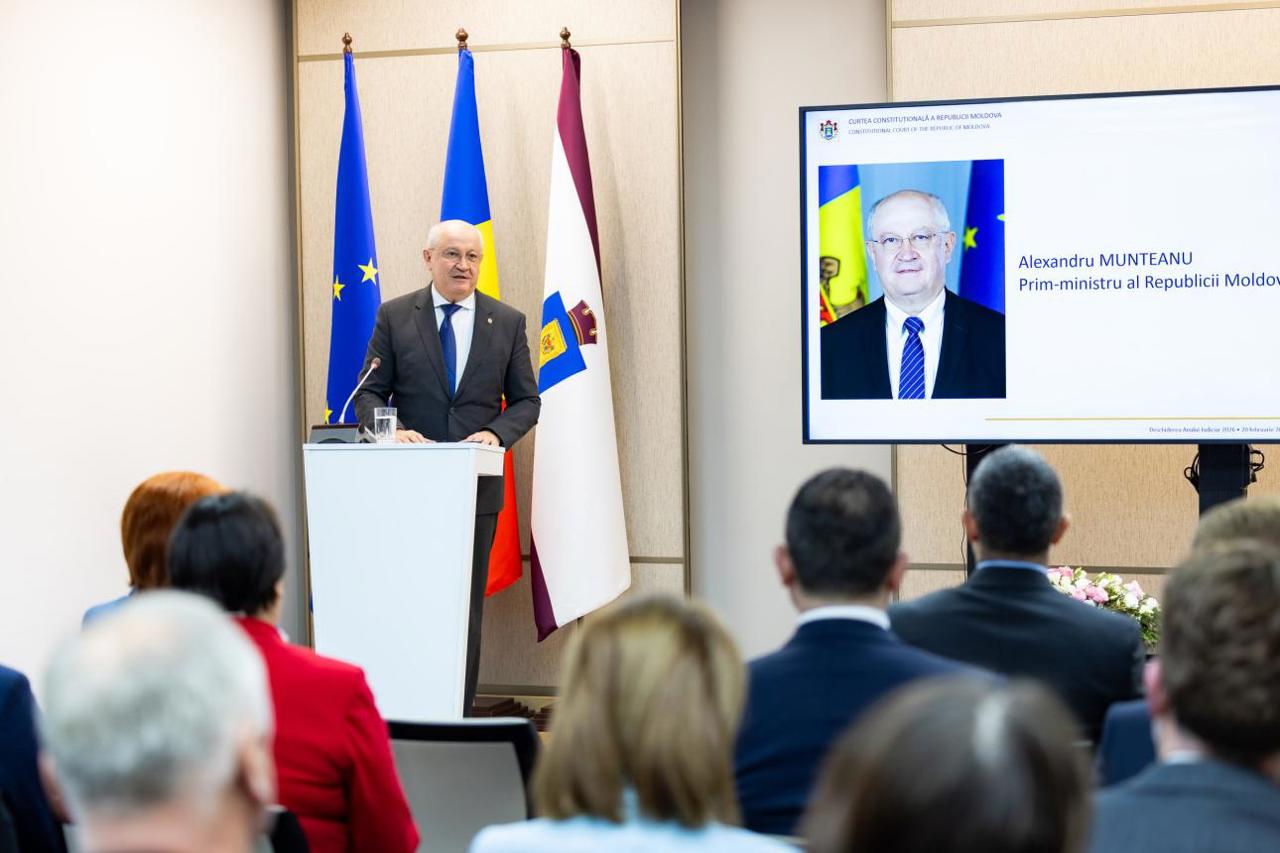From Independence to EU: Moldova’s 33-year journey
The Republic of Moldova celebrates 33 years since its proclamation of independence, an event that marked the beginning of a new chapter in the country's history.
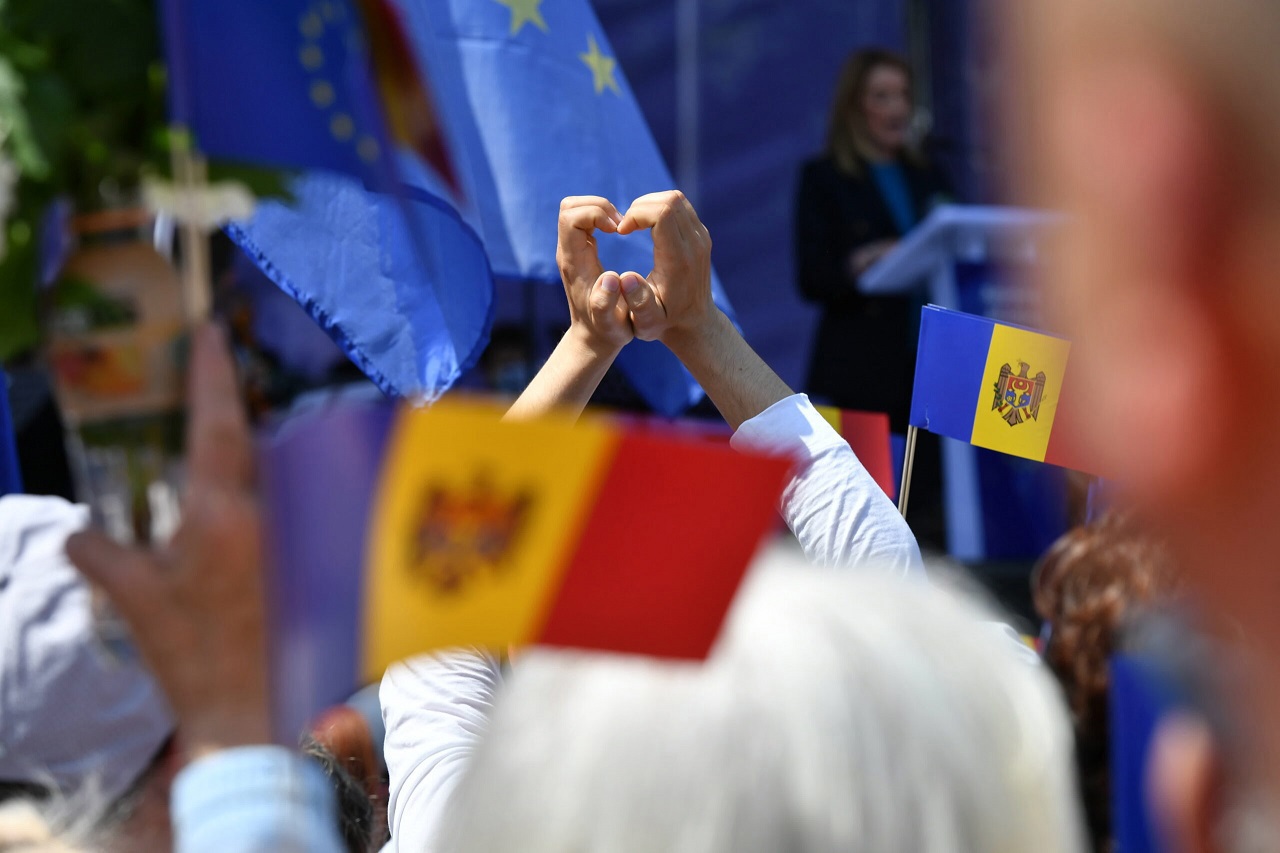
Over the past three decades, the Republic of Moldova has experienced numerous significant events and transformations that have shaped its political, economic, and sociopath.
The Proclamation of Independence: A Foundational Moment
The Proclamation of Independence, declared on August 27, 1991, was a foundational moment for the modern state of the Republic of Moldova. On this day, Parliament adopted the Declaration of Independence, asserting the country’s sovereignty from the Soviet Union. This crucial step paved the way for the establishment of an independent state.

On that day, the vote was preceded by the largest Great National Assembly in the country’s history, where citizens expressed overwhelming support for independence. With an absolute majority of 278 votes, the Declaration of Independence was promptly adopted.
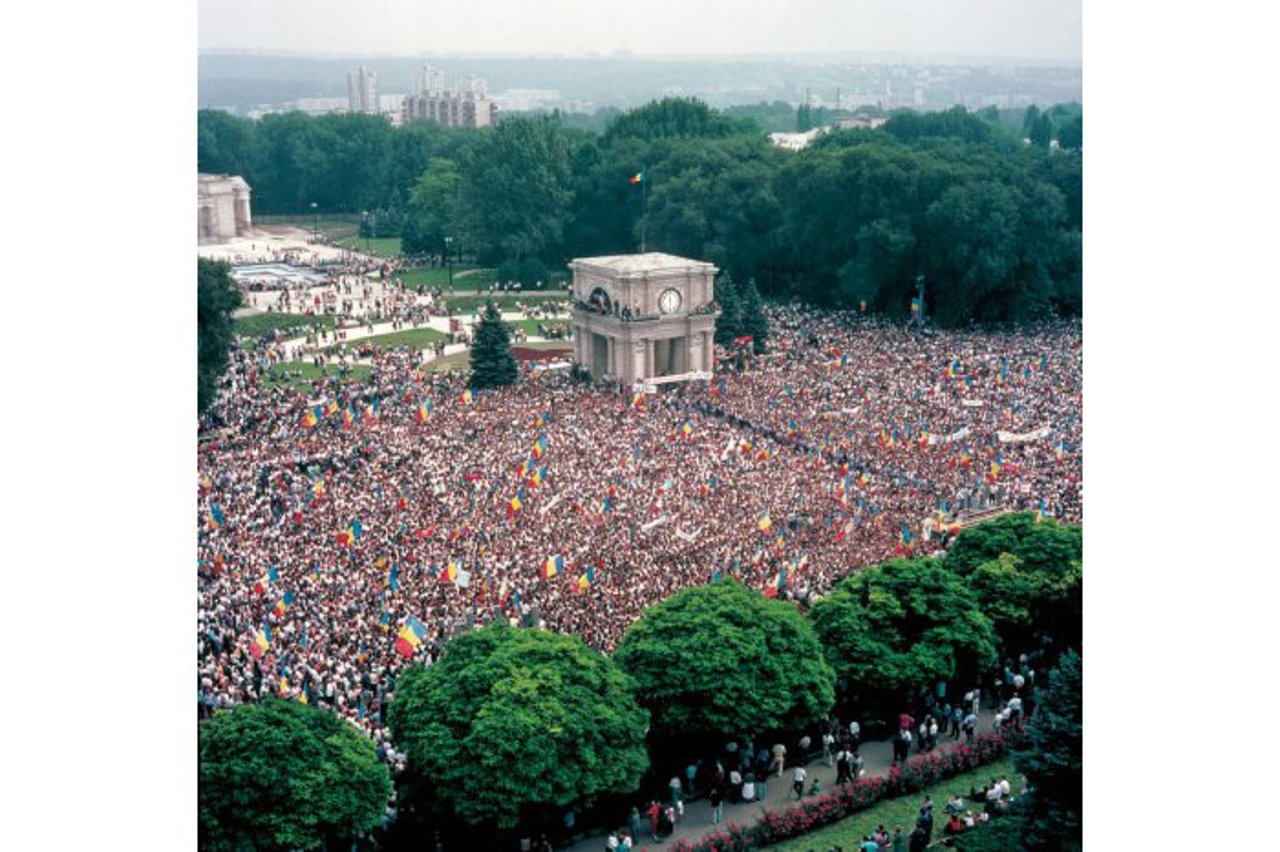
The Dniester War: A Pivotal Conflict
The War on the Dniester River in 1992 stands as one of the most dramatic episodes in the recent history of the Republic of Moldova. In this conflict, Moldovan forces clashed with separatist forces from the Transnistrian region. The war resulted in significant loss of life and left behind a separatist region, which continues to pose a major challenge to Moldova’s sovereignty and territorial integrity.
Post-Independence Challenges and Economic Transition
In the years following independence, the Republic of Moldova underwent a difficult transition from a communist system to a market economy and democratic governance. This period was marked by political changes, economic and social reforms, as well as significant economic hardships. These difficulties were exacerbated by financial crises and regional instability.

During the 1990s, the Republic of Moldova faced a dramatic decline in industrial and agricultural production, runaway inflation, and a sharp decline in the standard of living. Many citizens chose to emigrate in search of better economic opportunities, leading to significant depopulation and an increasing reliance on remittances sent by Moldovans working abroad.
The 1998 Russian Financial Crisis: A Deepening Economic Strain
The 1998 financial crisis in Russia had a profound impact on Moldova’s economy, exacerbating existing economic difficulties and exposing the country’s structural vulnerabilities. Triggered by the collapse of the Russian ruble and Russia’s inability to pay its external debts, the crisis had severe consequences for the economies of former Soviet republics, including Moldova. As Russia was Moldova’s primary trading partner, the crisis led to a sharp decline in demand for Moldovan products in the Russian market.
April 2009 Protests: A Turning Point in Moldovan Politics
A significant moment in Moldova’s recent history was the April 2009 protests, where demonstrators accused the authorities of parliamentary election fraud. These demonstrations highlighted widespread dissatisfaction with the ruling Communist Party and culminated in significant political changes, including new elections and the rise of a pro-European alliance.

Steps Toward European Integration
On the international stage, the signing of the Association Agreement with the European Union in 2014 was a critical step toward European integration. This agreement strengthened Moldova’s political and economic ties with the EU and established a framework for the country’s modernization.
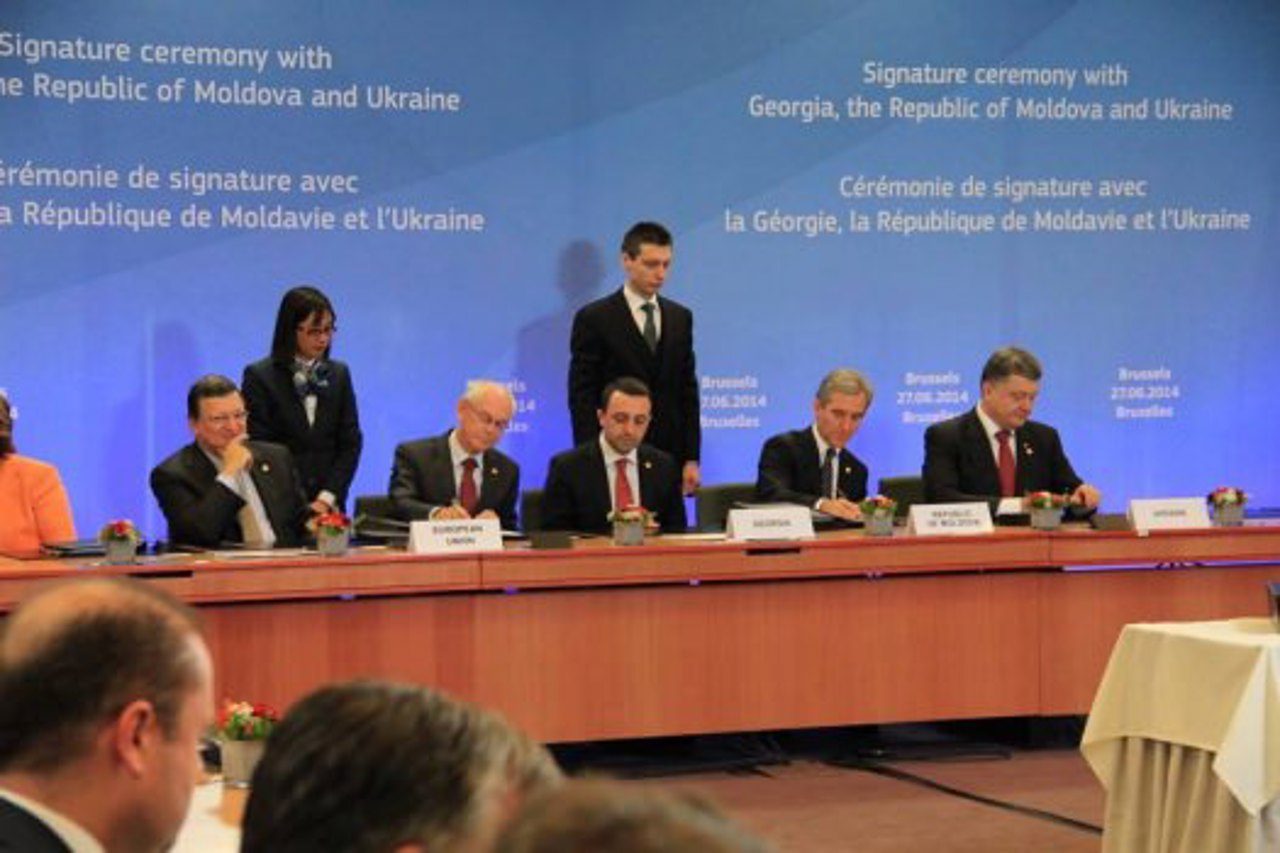
In the years that followed, Moldova faced major political and social crises, including the 2015-2016 banking scandal known as the "theft of the billion," which led to widespread protests and a significant loss of trust in state institutions.
Recent Developments and Future Prospects
In November 2020, the election of Maia Sandu as the first pro-European president reflected the aspirations of a segment of Moldovan society to continue on the path toward European integration. Two years later, amid a geopolitical context marked by the war in Ukraine and regional instability, Moldova took a historic step toward European integration. On March 3, 2022, President Maia Sandu officially signed Moldova’s application for EU membership.
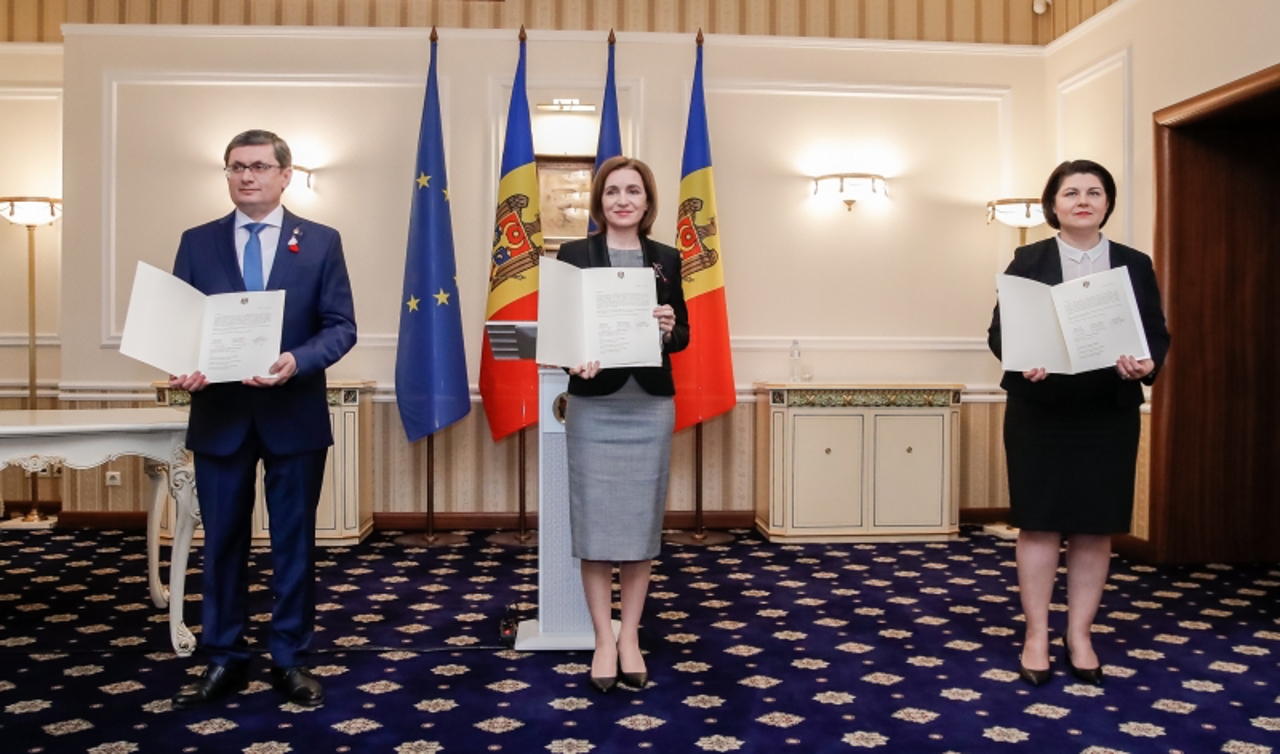
Subsequently, on June 23, 2022, the European Council granted Moldova candidate status for EU accession, alongside Ukraine. On June 25, 2024, the European Council made a historic decision to approve the opening of accession negotiations with Moldova.
